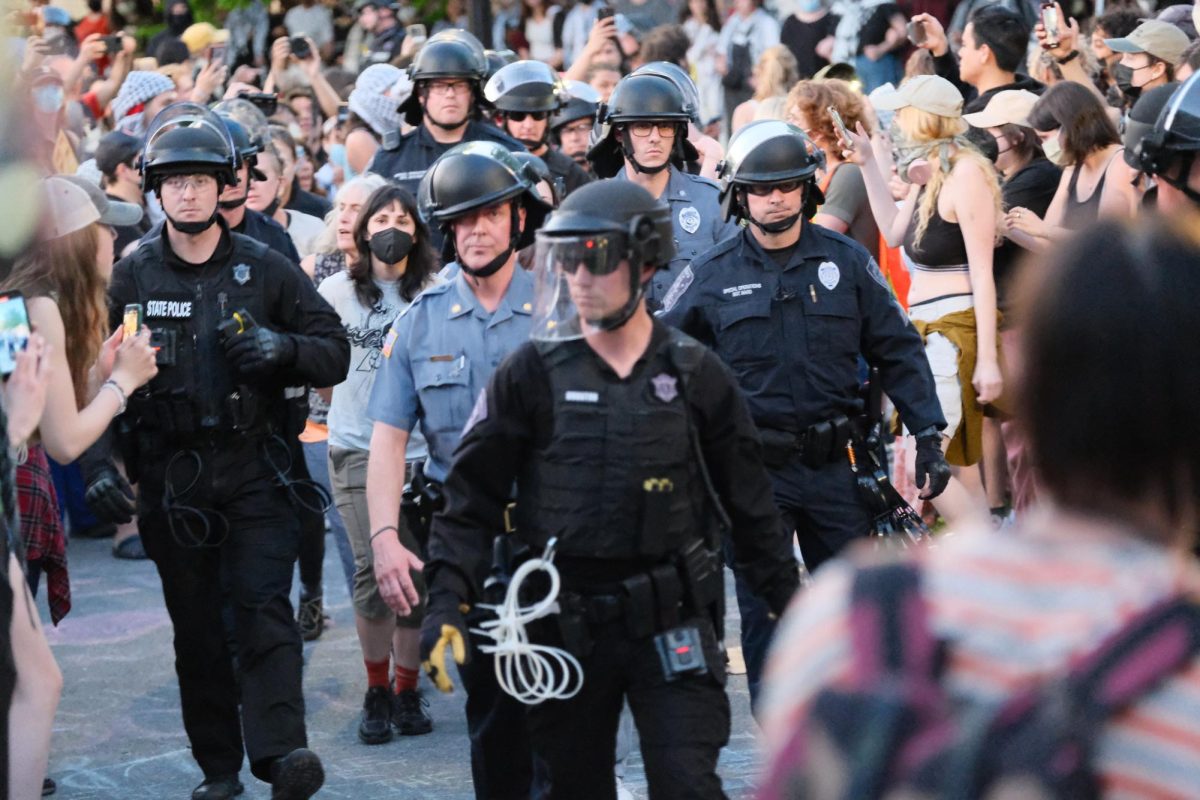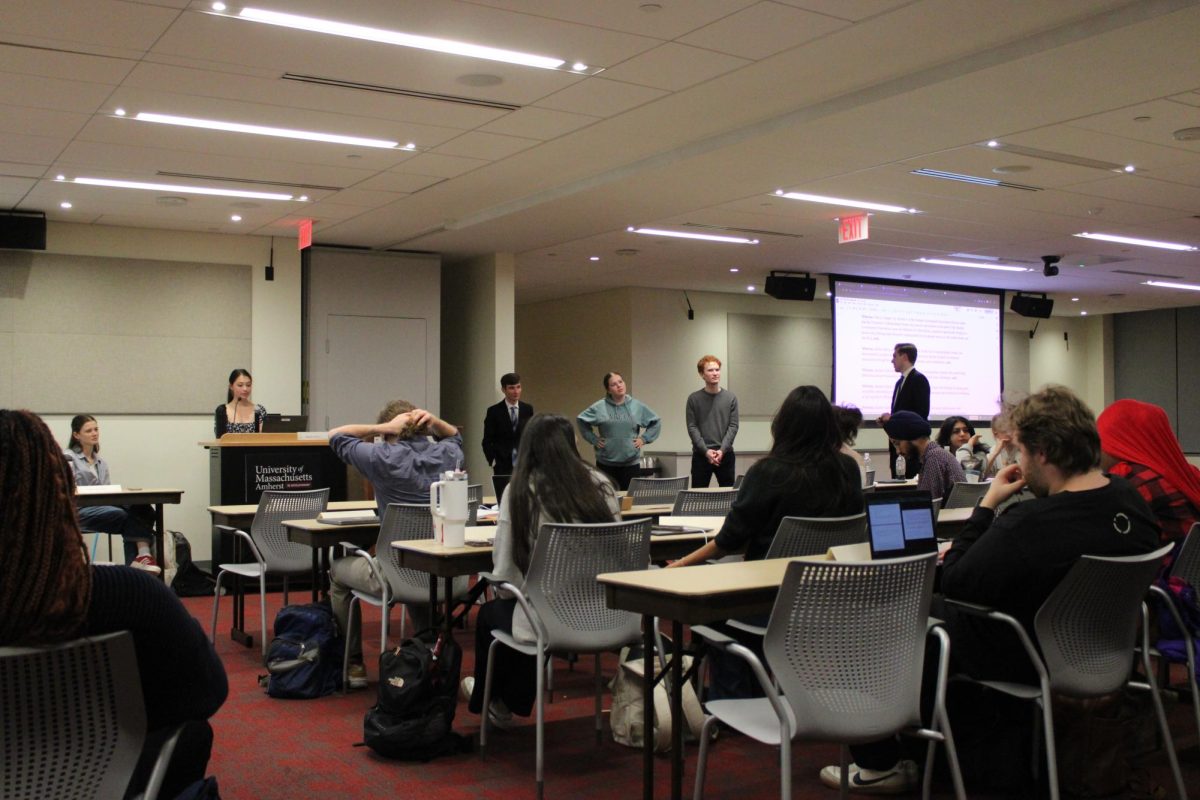
Peer mentors and the University of Massachusetts administration are awaiting a decision from the Massachusetts Department of Labor Relations regarding the mentors’ right to unionize with Residential Assistants on campus.
According to Emily Braun, a senior peer mentor, the push to unionize started last year.
“In early May we submitted a petition to the Massachusetts Department of Labor Relations,” she said.
Ian Roche, a junior peer mentor, said the hearing was then scheduled for July 24 and 25.
“Leading up to the hearing, the University collected an official objection and filed it with the Department of Labor Relations,” he said. “They claimed that the office of mentor is not a job – peer mentors are students and they’re position is tied to them being students. They also said that the peer mentors are too different from the RAs – that they do not share a community of interest.
“According to them, the peer mentor position is changing too much for serious contracts to be hammered out by a union.”
Roche added some of the University’s arguments are “provably false by their own witnesses. There are quotes in the testimony saying that RAs and peer mentors share a community from multiple of their witnesses.”
According to Braun, all peer mentors received an email July 21 – just days before the hearing – from Marcy Clark, someone they had not heard of, detailing some changes being planned.
“This email from her said that the peer mentor job was becoming a class with an in-class and practicum component,” Braun said. “This was big news to all of us.
“We feel very strongly that it was sent so that it could be used as evidence that the job was changing,” she added.
Roche said at the hearing, the University did in fact use the email as evidence to support their claims that the position was evolving.
“The proposed changes include weird structural ones where we are being moved out of Residential Life and under Academic Affairs,” Braun said. “Under the new position, we would legally not be workers and therefore couldn’t unionize.”
Despite the transition from job to class, peer mentors will continue to receive their stipend and housing preferences, according to UMass spokesperson Patrick Callahan.
Since the Department of Labor Relations hearing in July, the University has formed a working group to discuss the proposed changes. The group consists of two peer mentors chosen by the administration to represent the other 77 on campus, as well as 10 or 12 more administrators and advising faculty.
Seniors Johnathan Sanders and Samantha Prosser were the peer mentors selected to work with the group.
“My role on the working group was to represent 77 peer mentors and their opinions in terms of the curriculum in the course proposals for the new peer mentor position,” Prosser said. “However, representing 77 people is impossible.”
Sanders expressed a similar sentiment. Both walked out of the working group meeting held last week following a statement made by Sanders.
“I read out a statement that basically said that this working group hasn’t given the answers that we want and what they are asking us to do is impossible,” he said.
Outside residents, RAs and other peer mentors stood silently holding signs protesting the changes.
According to Sanders, they had become frustrated with the group’s inability to answer key questions including, “Why are these changes happening? Why so quickly? Why are we being moved to Academic Affairs? Who is making these decisions?”
“Moving us to a class which cannot be unionized means there’s no protection, classes drop all the time,” Sanders said. “But jobs are not eliminated so easily.”
“The administration has tried to get rid of our job two times in the past three years. We have data proving that we make positive differences in the lives of first-year students and that they suffer without us,” Prosser said. “We brought data to the meetings demonstrating the fact that no peer mentors supported this (class) model, and we were silenced. I don’t like that the University doesn’t care to listen to its students’ voices.”
The logistics of the switch from a job to a class is not yet set in stone and Prosser is unsure of when the changes will be implemented.
“I honestly have no idea how close these changes are to being implemented. The goal is to have this position model and course in place next year starting in August or September,” she said.
“Peer mentors who go through this course will develop the professional skills that will enable them to better help first-year students they work with,” Callahan said.
In terms of the changes’ connection to the hearing, he added that “those two things are not connected.”
The peer mentors disagree.
“All of this is happening while we’re waiting for the results of the hearing,” Sanders said. “We think it’s union busting, and that’s illegal.”
Marie MacCune can be reached at [email protected] and followed on Twitter @MarieMacCune.


















